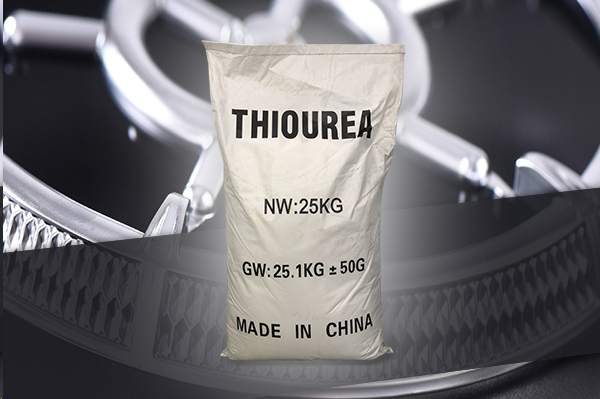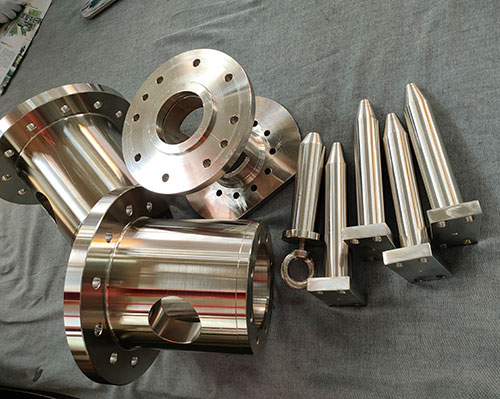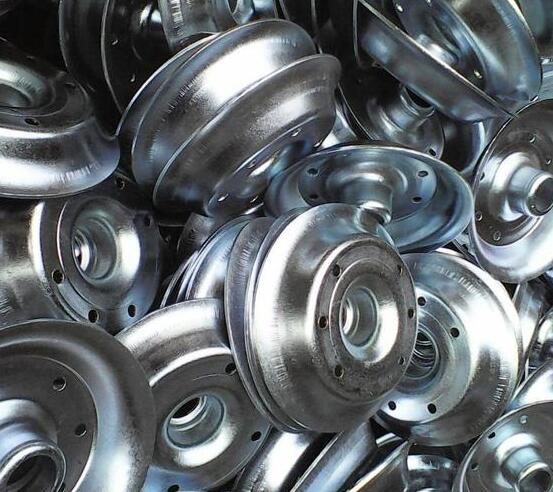Sinoright Blog
The Role of Thiourea In Electroplating and Chemical Plating
It is worth noting that due to the special affinity of sulfur atoms in thiourea for precious metals, thiourea often forms stable complexes with precious metals, making it widely used in electroplating and chemical plating of precious metals. Moreover, thiourea is a small molecule with good coplanarity, so it is very easy to firmly adsorb on metal surfaces, thereby changing the electronic structure of the metal surface.

The Role of Thiourea In Electroplating And Chemical Plating
Used As A Coordinating Agent
According to the composition of thiourea molecules, sulfur atoms are prone to form stable complexes with metal ions such as Au, Ag, and Cu. For example, when thiourea is fused with Ag+, the coordinating ion is [Ag (H2NCSNH2) 3]+, and the stability constant is relatively high. That is to say, in the use of thiourea, stability can be enhanced by coordinating with precious metals.The role in electroplating
In silver electroplating, silver crystals gradually grow on the thiourea adsorption layer, which means that the size and quantity of silver crystals are closely related to the deposition layer of thiourea.The role in chemical plating
According to the usage characteristics of thiourea and chemical plating, there are differences in different chemical plating methods.For example, in the chemical plating fusion of Cu and Cu alloy surfaces, adding thiourea to the plating solution will generate certain organisms, ultimately achieving the goal of degrading the plating solution. Throughout the process, the concentration of thiourea must be controlled within the range of 0.3-2.0 mol/L to enhance the effectiveness of coordination and avoid the occurrence of unreasonable technical applications; The application of thiourea in chemical plating can form stable coordination compounds when depositing Sn Pb alloy on Cu plating, effectively improving the equilibrium points of Cu and Sn, leveraging the advantages of thiourea and chemical plating, and enhancing the overall effectiveness of technical application.

Used As A Chemical Stabilizer
Thiourea, as a stabilizer in chemical plating, can exert the stability of coordination compounds when reacting with certain metal ions, timely changing the concentration of thiourea to alleviate the plating rate.
Research has found that thiourea can stabilize the fusion of electroless copper plating, ensuring the tightness and corrosion resistance of the coating. The application of thiourea in chemical plating solution has a significant effect on its stability. For example, in printed circuit technology, the combination of two paperless methods can enhance the ion binding ability, maintain ion electroactivity at all times, and achieve the goal of stabilizing the solution.
Used As An Electroplating Additive
According to the molecular structure of thiourea, the sulfur atoms in it have a significant coordination effect, which can achieve the purpose of blocking the discharge of metal ions in the solution and forming an adsorption layer on the blocked surface. At the same time, it can also improve the cathode planning effect, achieve the purpose of refining the coating, and achieve the adjustment of smooth and flat production of process products.
During the experimental process, the plating solution in thiourea will generate sol MeS upon hydrolysis. Through selective adsorption, the active center effect in the electrode can be utilized to improve the flatness and brightness of the coating. Firstly, thiourea can be applied in the field of electroplating. By using thiourea as a copper plating additive in conjunction with electroplated zinc, the adsorption capacity of the coating can be improved, meeting the technical requirements of the industrial industry. In experimental research, adding a small amount of thiourea to the copper plating solution can enhance the flatness of the galvanized layer and improve the corrosion resistance of the material, meeting the production needs of the current industrial industry for materials. It can also improve the appearance characteristics of copper coatings and optimize the use of thiourea in electroplating processes.

Used For Other Processes
In the context of the operation and sustainable development of the process industry, in order to improve product quality and enhance the appearance of the process, it is necessary to combine the structural composition of thiourea and apply it in the fields of electroplating and chemical plating to enhance the overall effect of process production.
In the use of thiourea, it can not only be used as a grain refining agent in electroplating and chemical plating, but also has the function of an accelerator.
